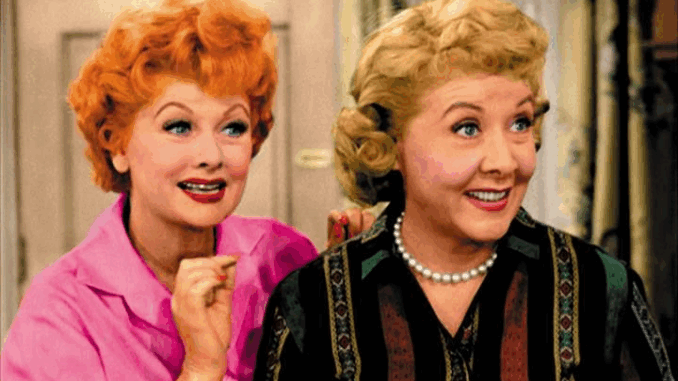
When the announcement dropped that acclaimed screenwriter and director Aaron Sorkin would take on the challenge of retelling the story behind I Love Lucy, it stirred equal parts excitement and curiosity. Known for his razor-sharp dialogue and politically charged dramas like The West Wing, The Social Network, and The Trial of the Chicago 7, Sorkin wasn’t the most obvious choice to dramatize the lives of Lucille Ball and Desi Arnaz. But Being the Ricardos proved to be more than a biopic — it became a deeply human, layered exploration of comedy, power, and personal legacy, and marked what many critics consider Sorkin’s finest cinematic work in years.
Set during one intense production week of I Love Lucy, the film peels back the curtain to show the chaos, pressure, and brilliance involved in creating the most iconic sitcom in television history. While the public saw Lucille Ball as a zany redhead with a knack for physical comedy, the real Lucille was an intensely driven, detail-obsessed performer — and a woman navigating power in a male-dominated industry.
Sorkin’s script doesn’t shy away from the personal. At the heart of Being the Ricardos is the volatile, passionate relationship between Lucille and Desi. Nicole Kidman’s portrayal of Lucille Ball is both fierce and vulnerable, while Javier Bardem channels Desi Arnaz with charisma and complexity. Together, they deliver performances that show not just a legendary couple, but two flawed people who built an empire — and struggled to keep it from crumbling.
Sorkin’s dialogue is as tight and intelligent as ever, but here, it’s infused with emotional restraint and respect. He refrains from over-dramatizing or sensationalizing, instead focusing on the pressures of public image, the reality of fame, and the cost of innovation in the entertainment world. He treats Lucille Ball not as a caricature, but as a trailblazer — one who fought not only for creative control, but for respect in an era that often dismissed women in power.
What makes Being the Ricardos one of Sorkin’s most memorable achievements isn’t just the script or direction, but the way he uses Lucy and Desi’s story to explore broader themes: gender politics, media scrutiny, loyalty, and ambition. He turns what could have been a glossy Hollywood biopic into a masterful meditation on legacy and authenticity.
For fans of I Love Lucy, the film offers rich insight into how the magic was made — and the cost behind the laughter. For fans of Sorkin, it’s a reminder that when given the right story, he remains one of the most thoughtful and compelling voices in film today.
Being the Ricardos isn’t just a return to form for Aaron Sorkin. It’s a love letter to the power of storytelling, and to the woman who turned a sitcom into history.
